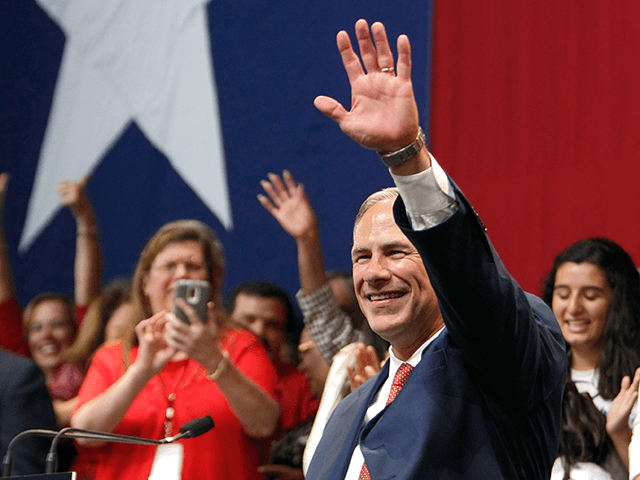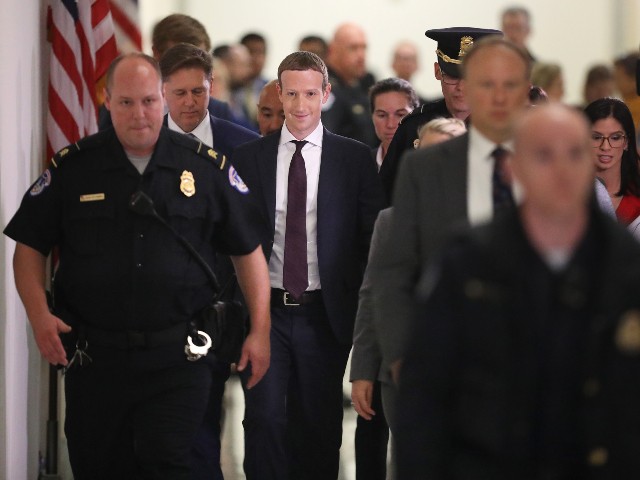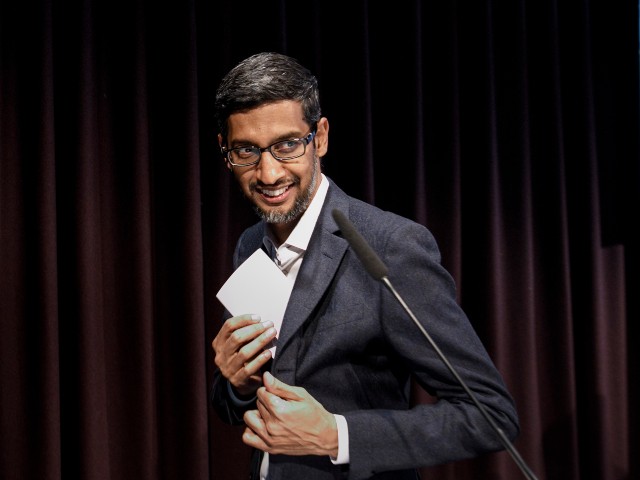The 5th Circuit Court of Appeals has rejected a Big Tech umbrella group’s efforts to block House Bill 20, a law passed by the Republican-controlled State of Texas that prohibits political censorship by large social media platforms, in a major win for online freedom campaigners.
The bill is arguably the toughest and most significant restriction placed on Big Tech censorship passed by any state government, including Florida’s.
It declares social media companies to be akin to common carriers, a categorization that other Republican legislatures have shied away from. It also includes a straightforward ban on viewpoint-based censorship by online platforms.
The bill gives users of social media platforms a strong legal footing against the tech giants, giving them the right to obtain injunctive relief against the tech giants, overturning bans and other acts of censorship.
The law was challenged in court by NetChoice, a trade industry group representing Google, Facebook, Twitter, Amazon, TikTok, Airbnb, PayPal, and a number of other major tech companies.
Obama-appointed U.S. District Judge Robert Pitman of Austin sided with NetChoice, and blocked the law shortly after Texas Gov. Greg Abbott (R) signed it, but the 5th Circuit has now overturned that ruling.
In oral arguments before the appeals court, lawyers for the State of Texas argued that large social media platforms are public squares.
“These social media platforms control the modern-day public square, but they abusively suppress speech in that square,” Ryan S. Baasch, Texas assistant solicitor general, told the court.
U.S Supreme Court Justice Clarence Thomas has also noted the inherently public nature of social media platforms, and has suggested that common carriage or public accommodation law may be solutions. With NetChoice declaring its intention to appeal, the bill is likely to end up before the Supreme Court.
The court’s decision, coming hot on the heels of Elon Musk’s promises to restore freedom of speech — and Donald Trump’s account — to Twitter, led to another jolt of outrage and fear from progressives who worry that their internet censorship regime may soon fall apart.
“Unhinged lawlessness,” complained Nick Fish, the head of a progressive activist organization called “American Atheist.”
The Fifth Circuit is an absolute clown show. Just unhinged lawlessness. https://t.co/VjeIQVlnM3
— Nick Fish (@nicholasrfish) May 11, 2022
“The fifth circuit is a menace,” said progressive writer Liz Dye, aka “@5DollarFeminist.”
The Fifth Circuit is a menace, part eleventy million https://t.co/moiBn8sKE6
— Liz Dye (@5DollarFeminist) May 11, 2022
“I’m going to need a lot of whiskey,” said Vanderbilt professor Gautam Hans, who currently sports “he/him” pronouns in his Twitter bio.
When we get a circuit split on this issue next term between the Fifth and the Eleventh I’m going to need a lot of whiskey https://t.co/H0mrqIRlzM
— Gautam Hans (@dispositive) May 11, 2022
“It could send a ripple effect across the internet — even if it’s later repealed,” worried a writer for the Verge, a left-wing tech news site owned by Vox.
Allum Bokhari is the senior technology correspondent at Breitbart News. He is the author of #DELETED: Big Tech’s Battle to Erase the Trump Movement and Steal The Election.



COMMENTS
Please let us know if you're having issues with commenting.